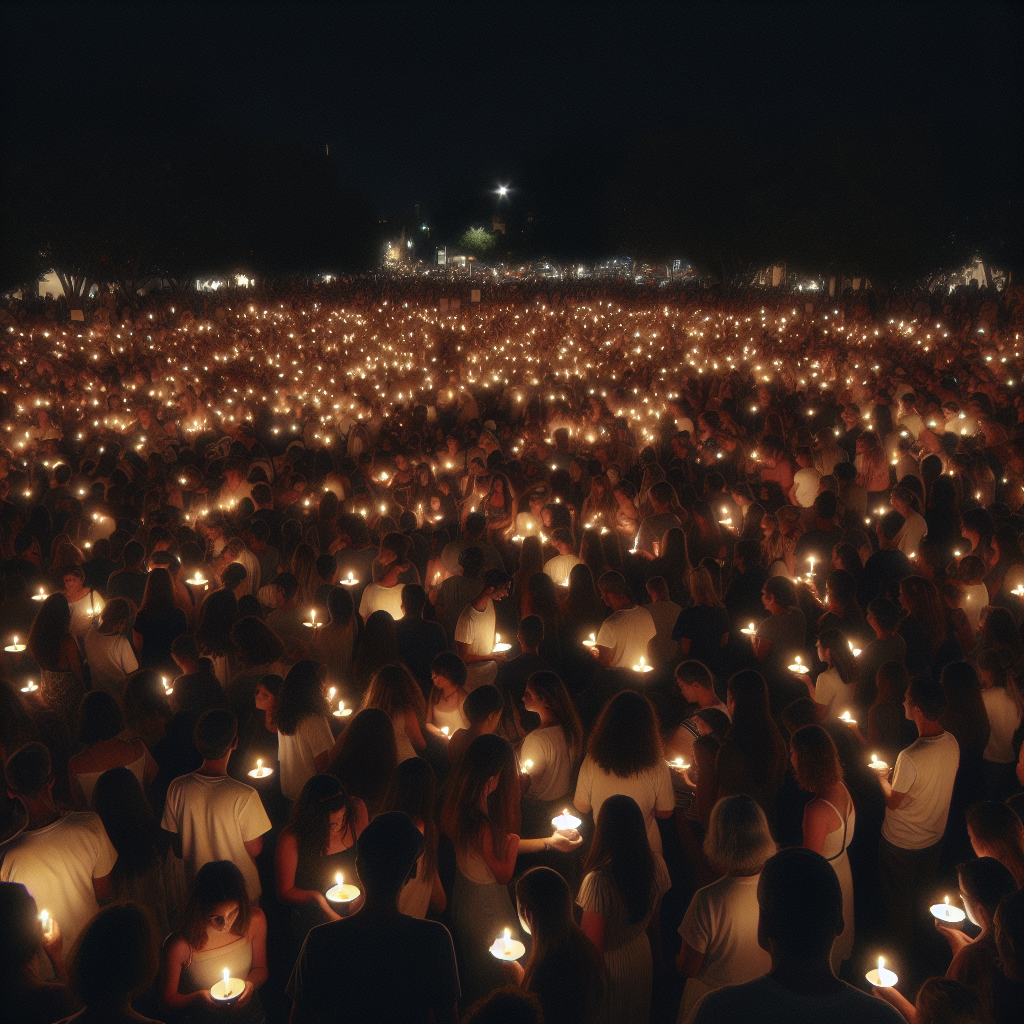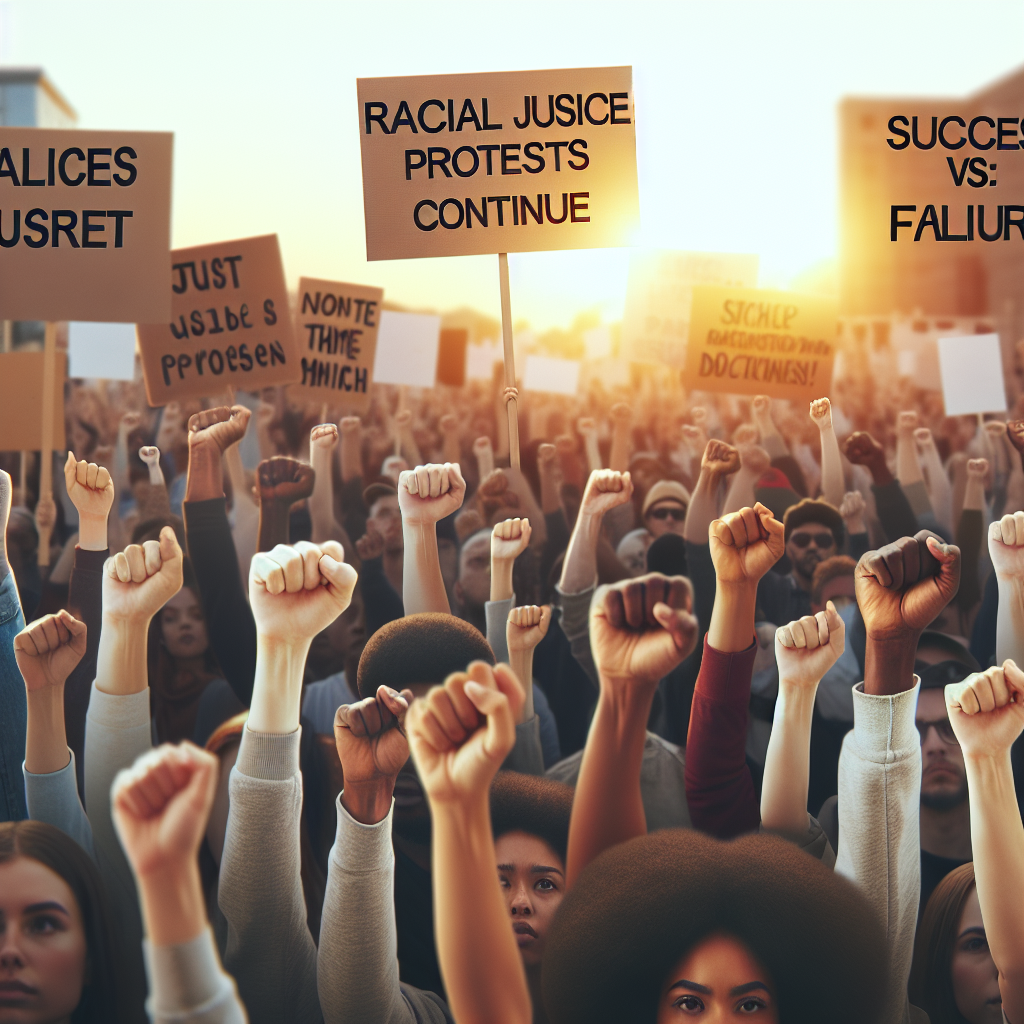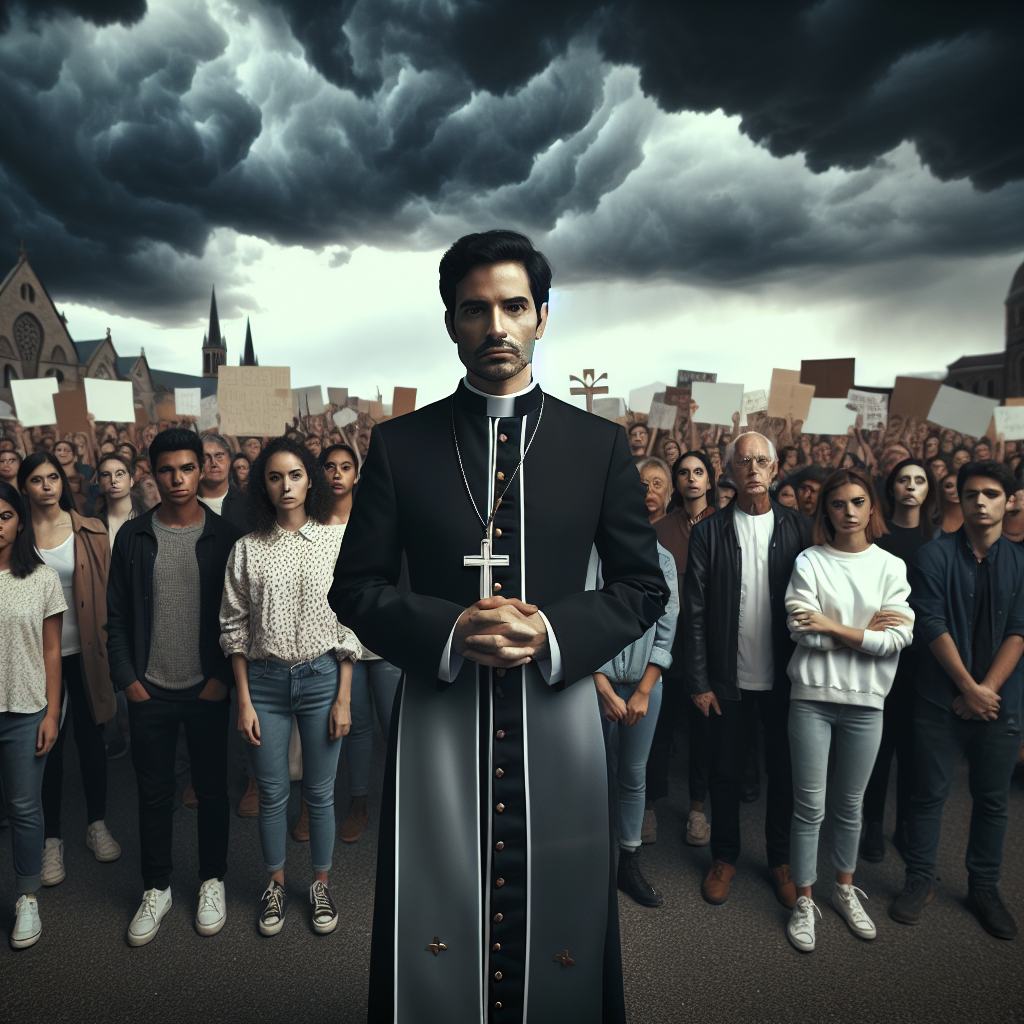In the name of heaven and earth, there are few issues as divisive as that of racial justice — a struggle pitting brother against brother, casting long shadows over our shared values. The surge in racial justice protests spotlights this painful schism within our society.
As a follower of many faiths but servant to none, I tread lightly on sacred ground. My position resonates with Fyodor Dostoevsky’s foreboding pronouncement: ‘If God does not exist, everything is permitted.’ Yet it is precisely here where I find cause for optimism.
The burgeoning voice advocating for racial equity suggests acceptance of universal human rights — consistent with many religious teachings centered around empathy and respect for all beings.

Critics argue that these protests disrupt public order without achieving meaningful change. They cite examples of violence overshadowing peaceful demonstrations or deplore movements’ lackadaisical relationship with organized religion.
From Montgomery’s Bus Boycott to South Africa’s anti-apartheid movement revealing layers underlining faith’s role in catalyzing societal change. Such instances offer potent rebuttals against naysayers who dismiss present-day protests as fruitless endeavors.
The Issue at Hand

My Position



